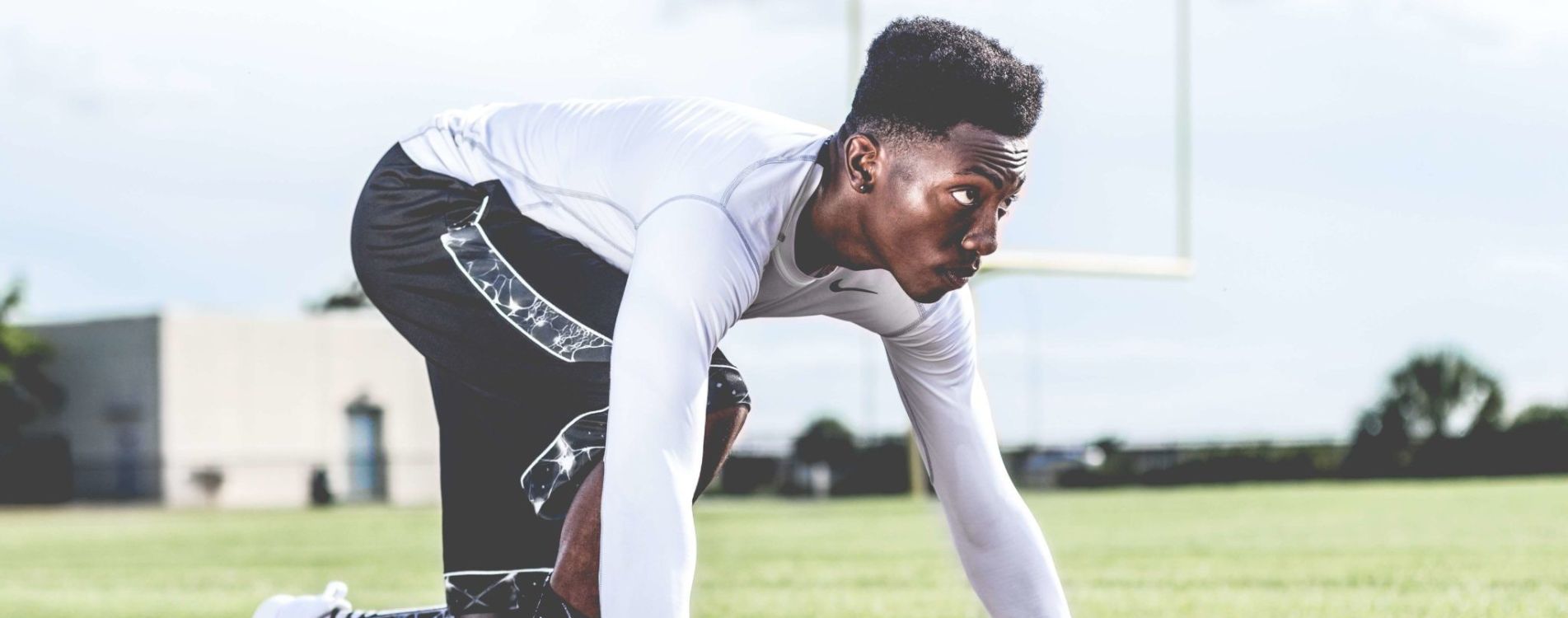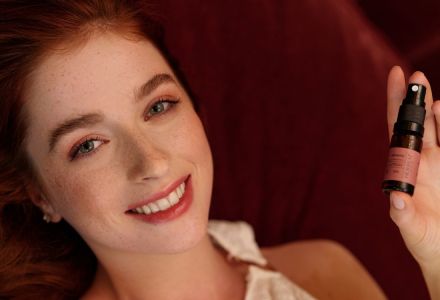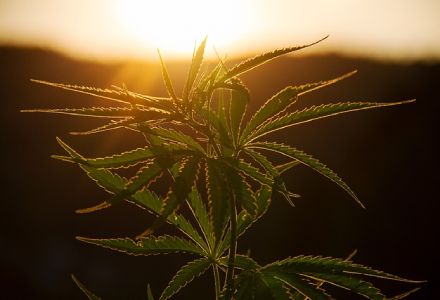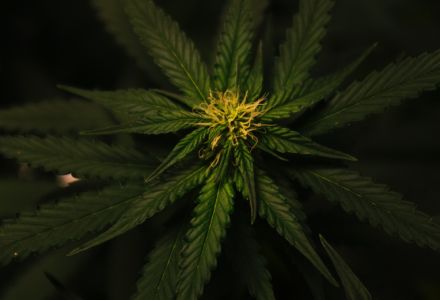- The World Anti-Doping Agency (WADA) made it legal for athletes to use CBD.
- The change happened in 2018, making the 2020 Tokyo Olympics the first Olympics where CBD use was permitted.
- The change has been welcomed by many elite athletes who have openly admitted to using CBD.
- A danger of testing positive for other illegal substances still exists if athletes lack the knowledge and understanding of CBD products.
CBD is Ok
There were many gold medal winners at the 2020 Tokyo Olympics, but our favourite one must be the famous CBD!
For the first time, elite athletes taking part in this monumental sporting event were permitted to use CBD.
CBD, short for Cannabidiol, is one of many cannabinoids found in the cannabis plant. It’s known for providing many different benefits without the risk of intoxication.
While the science is still far from understanding this cannabinoid fully, early research suggests the benefits of using CBD products may be large and varied, ranging from decreasing stress and anxiety levels to calming inflammation and soothing pain in joints and muscles.
CBD is currently available in most European countries and can be purchased in pharmacies, health food shops, and online. In addition, CBD products are available in multiple forms, such as drops, pills, vape cartridges, and topicals (including creams, gels or serums).
And now, even the elite athletes are starting to notice.
Why would athletes use CBD?
If you follow the world of sports, you might have noticed that more and more celebrity athletes have been openly endorsing CBD supplements, with more and more becoming CBD ambassadors every day.
So why has CBD become such a hot topic within the sports community?
According to athletes themselves, there are many reasons why they make CBD a part of their daily routine.
Rickie Fowler, Megan Rapinoe, and Klay Thompson have all talked about how they benefit from CBD products.
Rickie Fowler, a famous professional golfer, is one of the bigger fans. He often talks about how CBD helps him manage pain resulting from performing sports on a professional level. Whether it’s sore muscles or achy joints, Fowler reaches out for CBD first. He even claims that using CBD supplements and topicals regularly has helped him cut down on prescribed painkillers.
Some early studies suggest that he might have a point.
These studies have shown that Cannabidiol may reduce inflammation, a common cause of various pains and aches. Additionally, CBD might speed up the recovery process after a workout or even support the process of healing an injury.
A famous study from 2011 has also shown CBD might be a great tool to reduce performance anxiety, something professionally competing athletes have to deal with on an ongoing basis.
Therefore, it’s of no surprise that athletes are some of the most outspoken CBD advocates.
Why was it banned in the first place?
CBD is not intoxicating and is not a performance enhancer. Therefore, it is hard to justify exactly why it should be on the list of banned substances. Yet, its cannabis origin has made it hard to exclude CBD from the list of forbidden substances in the past.
Cannabidiol is a chemical compound produced in the cannabis plant. However, the plant does not produce it as a single ingredient which can then be harvested and used. Instead, all cannabis plants out there will contain CBD as well as over 140 other cannabinoids, many of which have properties different to those of CBD.
THC, for example, is a cannabinoid known for its ability to get people “high”. This is why it is illegal in most places around the world and has to be removed from CBD products in order to make them legal and available on the market.
The anti-doping agency has admitted that their laws forbidding the use of cannabis in any shape or form have been directed at THC, and CBD was included by association.
Fortunately, science has moved forward enough for us to be able to separate CBD from other cannabinoids. This makes it possible to exclude CBD from the list of illicit substances without changing the WADA attitude towards THC and cannabis as a whole.
Not all CBD is equal
Even though CBD was allowed at the 2020 Tokyo Olympics, athletes who decided to use it had to be extra cautious.
Urine tests that are conducted on elite athletes before their competitive performance are susceptible to many cannabinoids. THC, CBG, CBN, CBC, CBDV are just a few of the many cannabinoids that may lead to a failed doping test, even if only present in minimal amounts.
This means that athletes who use the wrong CBD product or trust the wrong supplier might fail their test unknowingly. Therefore, a lack of proper understanding of different CBD products may lead to wasted years of training and crushed dreams of winning gold medals.
That is why in 2020, WADA made it clear that athletes should only use CBD isolates and should stay away from broad and full-spectrum products.
Full and broad-spectrum CBD products are characterised by containing CBD and other cannabinoids (in small amounts). For example, broad-spectrum will have a variety of cannabinoids except for THC, while full-spectrum CBD will even include traceable levels of THC.
This means that an athlete who uses a broad or full-spectrum CBD product might test positive on a drug test used in competitive sports, as these tests are very sensitive to all cannabinoids, not just THC.
It is a bit of a shame, as some scientists believe that broad and full-spectrum products allow the user to take full advantage of and benefit the most from cannabis-derived supplements. This is referred to as the entourage effect, an ability for various cannabinoids (and other cannabis compounds) to interact and, as a result, increase the desired outcomes.
Unfortunately, until WADA changes their stance on other cannabinoids, the entourage effect will only be enjoyed by regular folk like us. And that’s our win and our gold medal!
References:
Herbliz. (2021, October 06). The entourage effect - that's how unique the hemp plant is. Retrieved October 26, 2021, from https://herbliz.com/en/blog/the-entourage-effect-that-s-how-unique-the-hemp-plant-is/
Mareck, U., Fusshöller, G., Geyer, H., Huestis, M., Scheiff, A., & Thevis, M. (2020, December 14). Preliminary data on the potential for unintentional antidoping rule violations by permitted cannabidiol (CBD) use. Retrieved October 27, 2021, from https://analyticalsciencejournals.onlinelibrary.wiley.com/doi/10.1002/dta.2959
Bergamaschi, M. et al (2011). Cannabidiol reduces the anxiety induced by simulated public speaking in treatment-naïve social phobia patients. Neuropsychopharmacology 36(6), 1219–1226.
McCartney, et al (2020). Cannabidiol and Sports Performance: a Narrative Review of Relevant Evidence and Recommendations for Future Research. Sports medicine - open, 6(1), 27.
Thompson, J. (2021, April 22). CBD products are helping athletes avoid prescription painkiller dependence. Retrieved October 17, 2021, from https://www.insider.com/cbd-products-helping-athletes-avoid-prescription-painkiller-dependence-2021-4
Hammell, D. C., et al. (2016). Transdermal cannabidiol reduces inflammation and pain-related behaviours in a rat model of arthritis. European journal of pain (London, England), 20(6)
Blessing, E. M., et al (2015). Cannabidiol as a Potential Treatment for Anxiety Disorders. Neurotherapeutics : the journal of the American Society for Experimental NeuroTherapeutics, 12(4), 825–836




